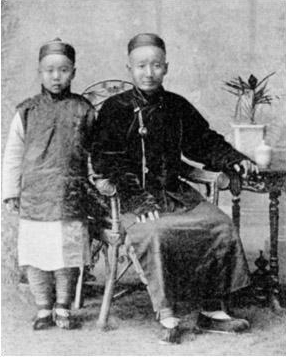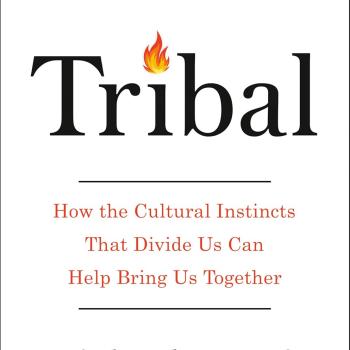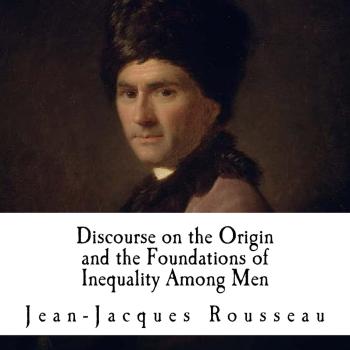What does Beijing have to do with Jerusalem?
Well, imagine you live in the following setting. Your two primary concerns have always been family and nation. Your most basic identity was decided at birth. Your ethnic identity and sense of belonging are inextricably tied together. Even at the governmental level, other countries would say you are very “nationalistic.” Your countrymen seem to divide the world in two––insiders and foreigners.
 History is not a thing of the past. Rather, everything centers around the way your ancestors said to do it. Social elders recall the glory of ancient days. As if a sacred duty, children routinely spend countless hours memorizing traditional texts. Not surprisingly, society is hierarchical. Great respect is paid to the older generation.
History is not a thing of the past. Rather, everything centers around the way your ancestors said to do it. Social elders recall the glory of ancient days. As if a sacred duty, children routinely spend countless hours memorizing traditional texts. Not surprisingly, society is hierarchical. Great respect is paid to the older generation.
Your culture is often described in terms of “honor” and “shame.” One is constantly calculating how one’s actions are judged by others. Social standing is measured by one’s family name, position, learning, and in the keeping of cultural traditions. Because you live in a collectivistic society, your individual identity is wrapped up in your community. You are no one apart from your group.
As a nation, you carry a deep sense of shame and even anger. For years, your people suffered under the oppression of foreign occupiers. Those around you go back and forth between admiration and resentment for foreigners.
Who have I just described?
It’s impossible to tell whether I have just described ancient Israel or modern China. If you are a Chinese Christian, imagine the effects this could have on how you interpret the Bible. Inevitably, Chinese believers should naturally hear echoes of Chinese culture in Scripture.
Let me be quite clear: I am not equating Israel and China.
However, one’s experience and cultural background naturally influence what one notices when reading the Bible. There is a reason that some African Christians really emphasize the genealogies whereas the typical American hurries past them when reading through Chronicles. Our culture provides us with a lens through which we interpret everything we experience and read. This is a simple, undeniable reality that can be overlooked.
An Eastern perspective opens one’s eyes to see things that a traditional western perspective may never notice. Readers don’t force something foreign into the text. Instead, one observes what was always there but had simply been overlooked.
Sadly, this has not been happening in China.
Making Easterners Become Western?
On the whole, the theology of Chinese evangelicals sounds identical to that of Western evangelicals. I’m not suggesting that Chinese Christians should disagree with and contradict the ideas coming from the West. Not at all. However, they should be developing fresh streams of thought that complement and even correct traditional views. As a result, the global church will enjoy a more robust and healthy theology.
I suggest that something is wrong with this picture. Chinese Christians should not look and sound as “western” as they do. One cannot help but wonder if Western missionaries have inadvertently “Judaized” the Chinese church. If Chinese believers do not learn to self-theologize and if foreign missionaries are not more critical of their own cultures, then this would be the natural consequence.
As provocative as that may sound, the question is worth exploring.
In Saving God’s Face, I suggest an alternative approach. Accordingly, the second major section of the book focuses on Chinese culture and what attempts have been made to contextualize theology in China.
What are your thoughts? What can missionaries do? What other advantages do Chinese Christians enjoy that can help them when reading Scripture?
Photo Credit: CC 2.0/wikipedia
Related articles
- The New Covenant in a Chinese Context (Part 3): Defined by Ethnicity? (www.patheos.com/blogs/jacksonwu)
- The New Covenant in a Chinese Context (Part 1): A Collectivistic Understanding of Identity (www.patheos.com/blogs/jacksonwu)












